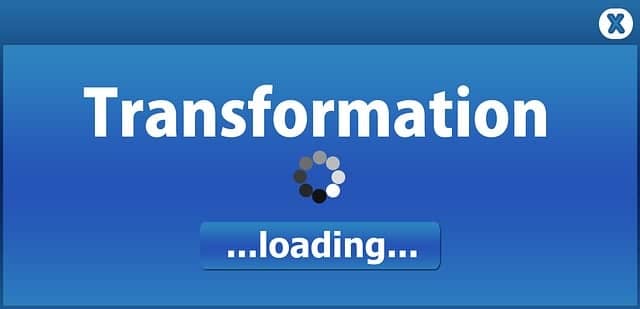Why do the boys turn evil in Lord of the Flies? In William Golding’s classic novel Lord of the Flies, a group of young boys is stranded on a deserted island without adult supervision. As time passes, the boys exhibit increasingly violent and destructive behavior, leading many readers to wonder: why do the boys turn evil?
Why do the boys turn evil in Lord of the Flies? (Answer)
According to Golding’s portrayal of human nature, evil is an inherent part of the human psyche. As the boys on the island attempt to establish their own society, their sense of right and wrong becomes increasingly hazy. With no clear authority figures to guide them, the boys are left to make their own rules – and as their attempts at self-governance fail, they become more and more willing to resort to violence and other unsavory behaviors.
One key factor contributing to the boys’ descent into evil is their loss of empathy for one another. As the boys become more focused on their own survival and desires, they begin to see their fellow castaways as obstacles or threats rather than fellow human beings. This dehumanization allows them to justify cruel and violent actions, from stealing food to murder.
Another factor contributing to the boys’ growing evil is their embrace of tribalism. As the boys form alliances and factions, they become increasingly willing to engage in violence and aggression toward those outside their group. This tribalism is fueled by a desire for power and control, as each boy seeks to establish himself as a leader and gain the loyalty of the others.
How is Roger evil in Lord of the Flies?
Roger is portrayed as evil in Lord of the Flies through his actions and behavior:
- He bullies the littluns, showing a sadistic pleasure in exerting power over them. Roger’s evil nature is evident when he throws rocks at them, demonstrating a lack of empathy and enjoyment in causing harm.
- Roger’s most evil act is his role in killing Piggy. He deliberately rolls a boulder down the mountainside, crushing Piggy without remorse or hesitation. This brutal act signifies his descent into complete savagery and disregard for human life.
- Roger’s sadism extends to torturing Samneric by sharpening a stick at both ends, intending to impale them.
These acts collectively highlight Roger’s inherently evil nature and willingness to engage in violent acts without any semblance of morality or compassion.
How is Jack evil in Lord of the Flies?
Jack is portrayed as evil in Lord of the Flies through his compulsion to kill and his violent attack on Ralph. Throughout the novel, Jack’s increasing obsession with hunting and bloodlust reveals his innate savagery. He becomes consumed by the thrill of hunting, disregarding the boys’ need for rescue and civilization. This compulsion highlights his descent into darkness. Furthermore, Jack’s violent attack on Ralph showcases his capacity for cruelty and brutality. His desire for power drives him to betray friendships and turn against those who oppose him, ultimately leading to a chilling display of violence that demonstrates his evil nature.
Symbols of evil in Lord of the Flies
In Lord of the Flies, one of the prominent symbols of evil is “The Beast.” Initially, the boys’ fear and belief in the existence of a monstrous creature on the island fuel their descent into savagery. The Beast symbolizes their inner darkness, primal instincts, and their capacity for violence. As fear grips them, they project their own inner demons onto this imagined creature, attributing it with supernatural powers. Ultimately, it becomes clear that “The Beast” is not an external threat but a manifestation of the boys’ own innate wickedness and loss of civilization. This symbol underscores how easily humans can be swayed by fear and abandon morality when faced with unknown or dangerous circumstances.
Conclusion
In conclusion, Golding suggests that evil is an inherent part of what it means to be human. While the boys on the island may have started with good intentions, their innate capacity for cruelty and violence eventually overtook them. As such, Lord of the Flies warns about the perils of unbridled human nature and the importance of maintaining a sense of empathy and morality even under the direst of conditions.
